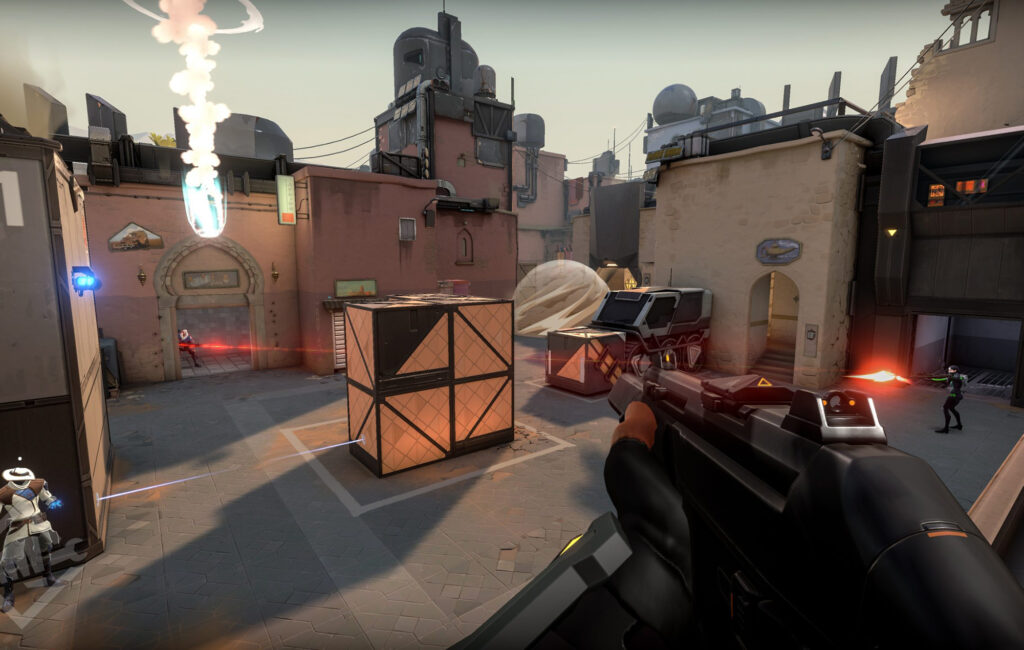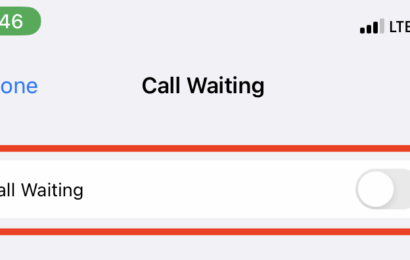Valorant is popularly known as the new first-person shooter video game offered by Riot Games. It is no secret that it is under Chinese corporations. Frankly, it is one of the motivations why people think Valorant is spyware disguised as a game by untrustworthy developers.
Installing Valorant means that Riot Games can have entire access to everything running on the PC during the whole process of installation. This authority already raises uneasiness about the integrity of security and privacy. Also, another thing that makes Valorant highly suspicious is that it requires a code to be installed on the very core of the PC. In fact, installing it even requires a reboot.

Just to install Valorant, a gamer’s PC becomes vulnerable. That’s why it is highly understandable to doubt if it is worth it to play Valorant. Let’s clear everything about Valorant as spyware to answer that concern. Keep reading to learn more.
What makes Valorant a spyware?
To efficiently understand what makes Valorant a spyware, we need to go back to the basics of knowing it. First, Riot Games developed Valorant using a custom security rootkit software named Vanguard. It is also known as anti-cheat software that contains a driver component called vgk. sys.
This rootkit software nature comes with a full access system to the PC. That said, even if you are not playing Valorant, its rootkit software can collect different pieces of information by having full access alone. Since it is anti-cheat software, it is quite obvious that Vanguard is mandatory when playing Valorant.
Since Valorant comes hand in hand with Vanguard, it is acceptable that many people also consider it spyware. While Riot Games cleared that Valorant is not a game disguised as spyware, doubts about it are still not getting quiet. After all, Valorant acts like spyware by requiring full control on your PC upon installation.
Basically, due to the nature and requirement of Valorant alongside Vanguard, the game makes people think of it as spyware. In short, the game’s anti-cheat software power to access the PC is the bottom of its spyware issues. Thus, it is criticized. It also does not help to improve the reputation that it is a game under Chinese corporations.
In addition, being a free game also adds to the security guarantee of Valorant. As a matter of fact, some think that it is free in a way to attract gamers. Later on, the personal information serves as the payment in return. This leads to the thought that while Valorant is an astonishing game, major privacy risks are at play. It is as if your data is the price you need to pay to play it.
The last straw that motivates people into thinking that Valorant is spyware is because some anti-virus software detected its anti-cheat system as malware.
Now, let’s dig into details on why the game actually collects data.
Why does Valorant collect all this data?
Interestingly, according to Riot Games, Valorant collects data from a gamer’s PC since the information is valuable in improving the operation of the game. At the same time, the data is also important for integrity-related services. Surely, it sounds harmless. However, that is not what’s happening.

When Valorant’s anti-cheat software, Vanguard, runs on your system, it can actually collect and transfer more data than you think. There is tons of information that Valorant can collect, which you might not even be aware of. It starts by collecting basic information, including name, billing address, contact number, and more data that even other games collect.
Unlike other games, Valorant does not stop from collecting data on just basic information. In fact, it is even discussed on online forums that the game also collects your preferences, browsing history, friend list, PC specifications, key bindings, voice chat recordings, and chat logs.
What’s more alarming, aside from collecting personal data, is that Valorant can also transfer your data to third parties. Knowing this matter, it is understandable that you worry about Vanguard’s intrusive nature. Ultimately, this fact demands that Riot Games improve the game, particularly with its security and data protection.
What other risks does Valorant possess as spyware?
Once again, Riot Games said that Valorant is not spyware disguised as a game. However, the requirement to install it and access it gives to the owner says otherwise. This contradicting scenario raises concerns if there are other risks Valorant possesses as spyware. In particular, the topic is even popular on online forums.
The primary risks are solely the risks that Valorant has — privacy and security risks. Yet, this expands to some speculations that Valorant can even collect data from other computers. In addition, since Riot Games can have full access on PC once the Valorant is installed, many worry that hackers might be targeting it.
Even though Riot Games is not basically a malicious entity, it is not completely safe from cyber breaches and hackers, just like other companies.
Is it safe to play Valorant?
With all that said about Valorant’s privacy and security risks, if you are still interested in playing Valorant since it is indeed an incredible game, you can just try out some solutions.

Since the anti-virus software detects Vanguard is the reason for privacy and security risks, you need to deal with it. The great news now is that you can deactivate Vanguard when you are not playing Valorant. While it is mandatory during the game, you can freely deactivate it to reduce its risks.
Besides turning off Vanguard, you can also encrypt your connection with a strong and reliable VPN to improve your privacy effectively.





